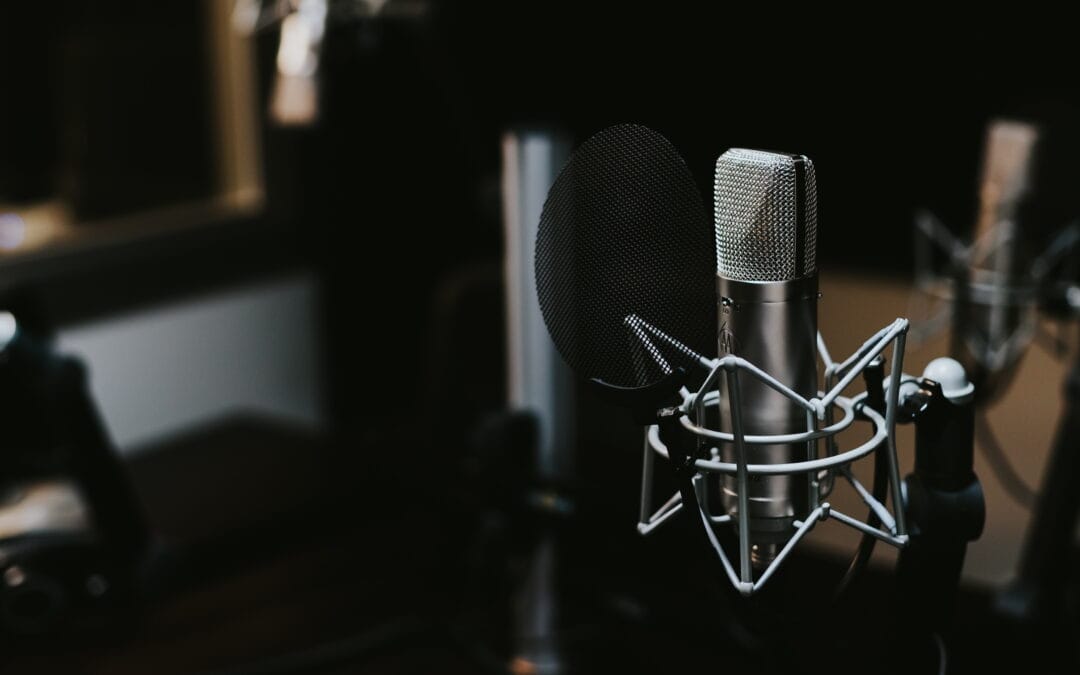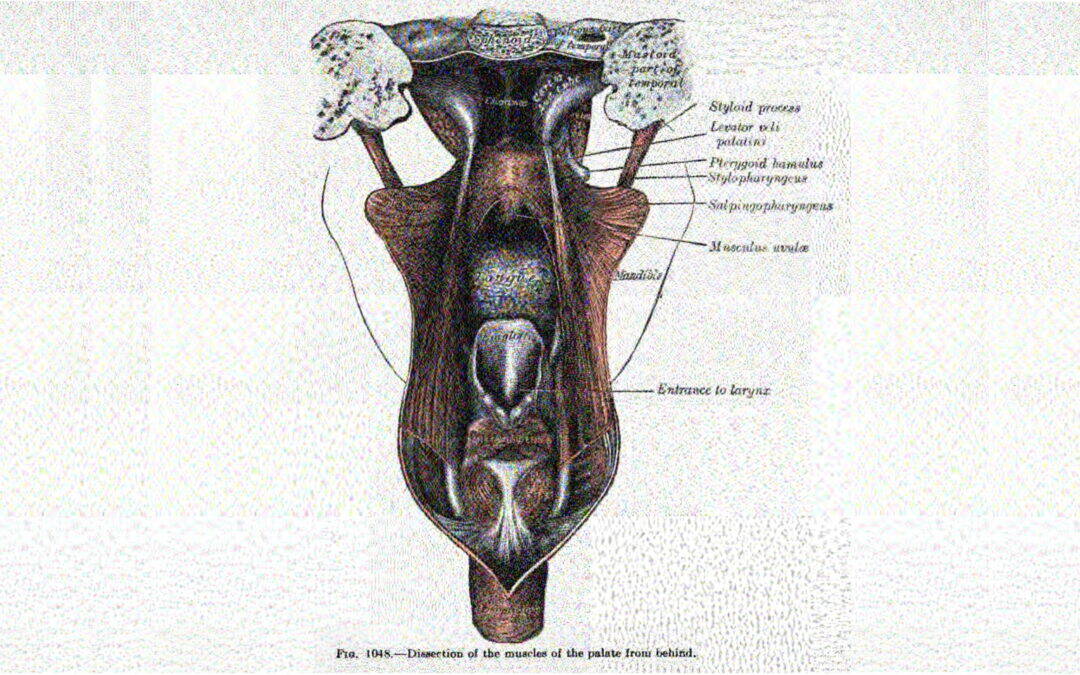My good friend Jeremy Patterson has a new YouTube interview show called the Capital Area Theatre Show. Guess who he invited to be his second-ever interviewee? Tune in below or on the show's YouTube channel to hear our milkshake-fueled conversation about art and life and idols and dreams and fears and insecurities, and why we do all that we do. (And he eventually was able to steer me back...



